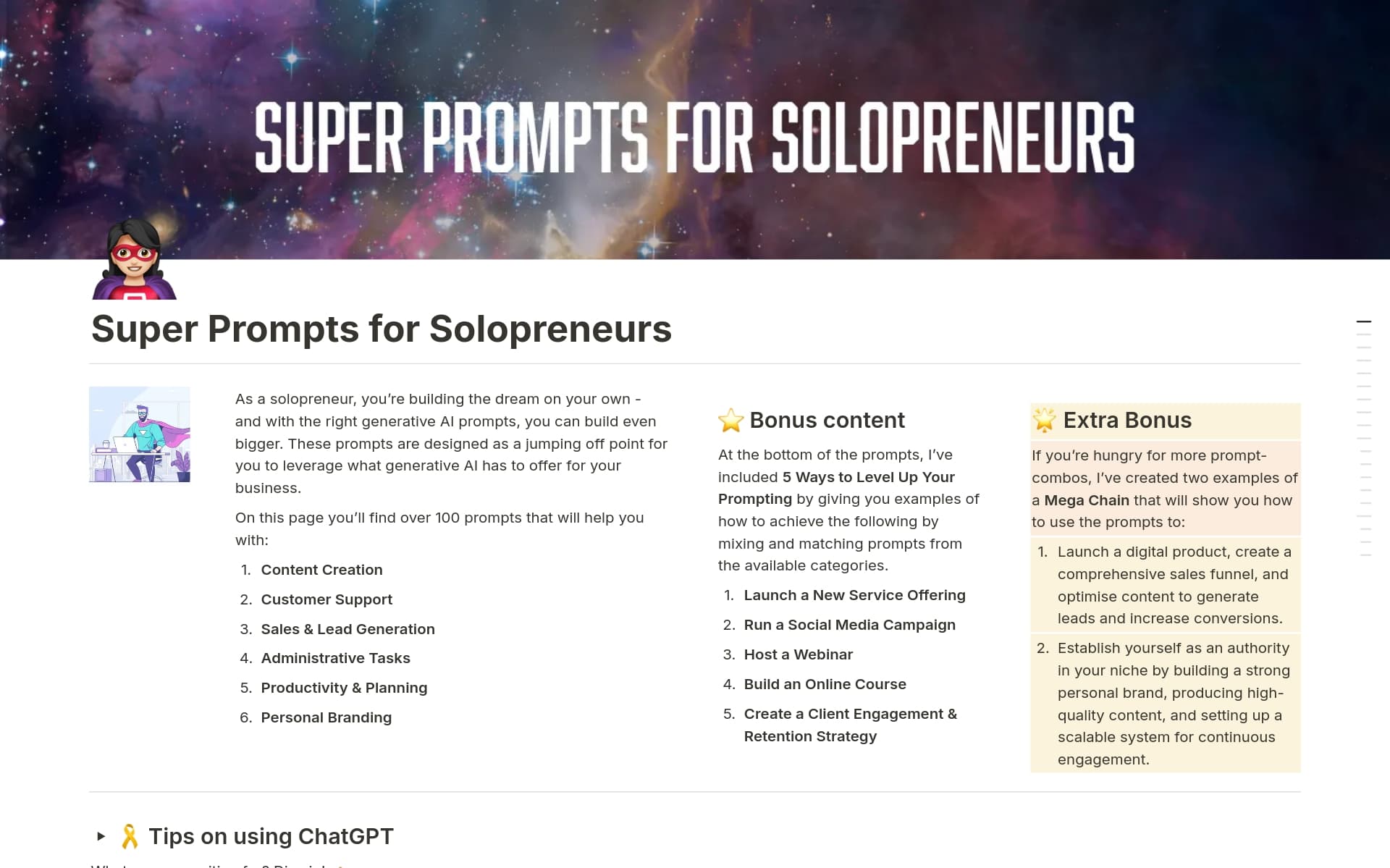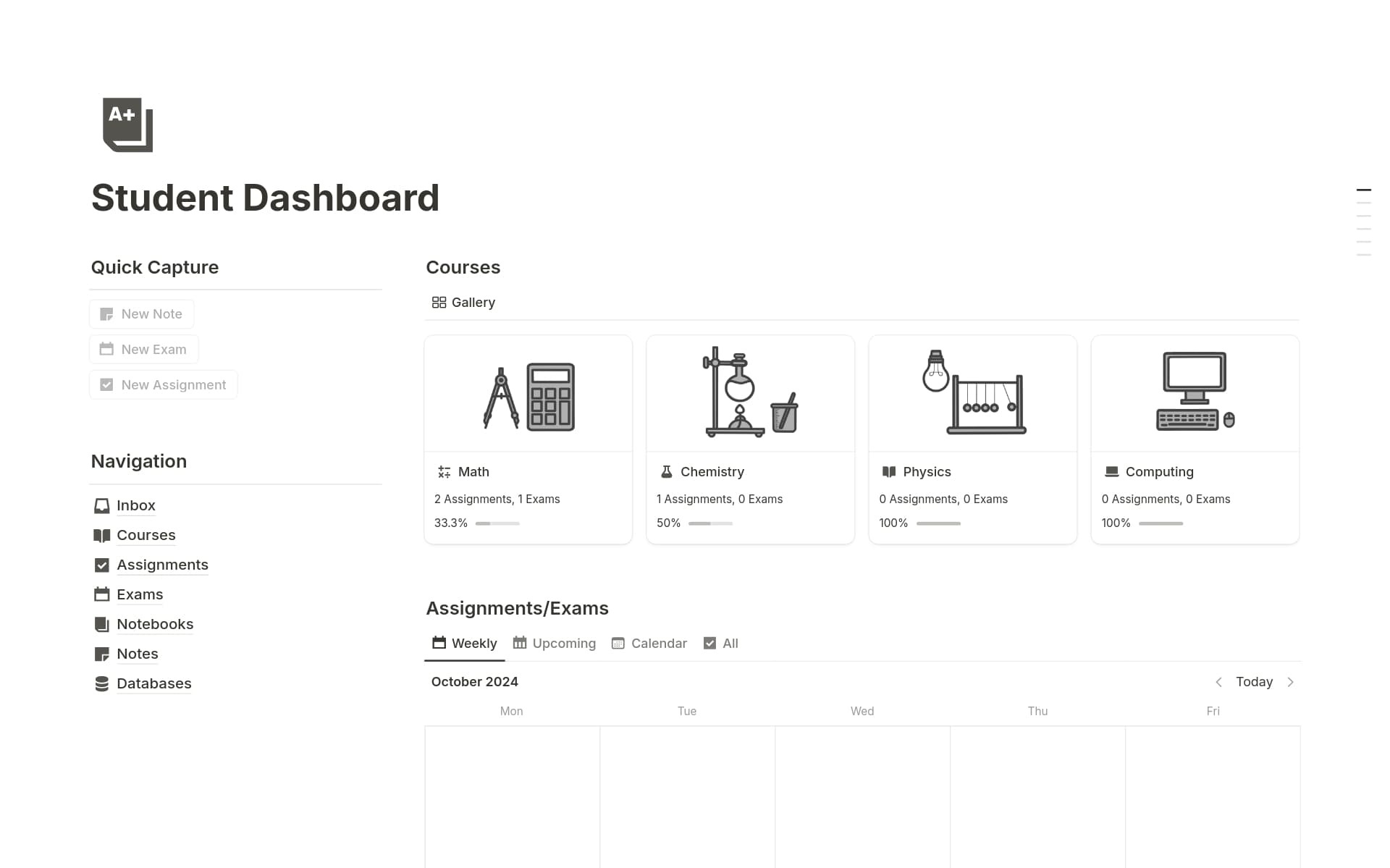Having a Job Hunt Progress Tracker is crucial for maintaining organization and efficiency during the job search process. It helps you keep track of various job applications, deadlines, networking contacts, and interview dates, ensuring that no opportunity is missed. A Job Hunt Progress Tracker template in Notion can streamline this process by providing a structured and customizable framework to manage your job search activities effectively.
Before you start creating your own Job Hunt Progress Tracker, consider exploring these Notion templates below to make the process easier and more productive.
What Should Job Hunt Progress Tracker Templates Include?
Choosing the right Job Hunt Progress Tracker Template in Notion can streamline your job search and keep you organized. Here are some key components to look for in a template:
Application Status Tracking: This feature allows you to monitor where you are in the job application process for each position, from application submitted to offer received.
Contact Management: A good template should include a section to store contacts related to your job search, such as network connections and interviewers, along with relevant notes and follow-up reminders.
Interview Preparation: Look for templates that offer space to prepare for interviews, including question lists, company research, and feedback from mock interviews.
Progress Dashboard: A visual dashboard can help you quickly assess your job search progress, showing key metrics like applications sent, interviews scheduled, and offers received.
Selecting a template with these components will help ensure that you have a comprehensive tool to manage your job search effectively.
What Should Job Hunt Progress Tracker Templates Avoid?
When selecting a Job Hunt Progress Tracker Template in Notion, it's essential to be aware of certain features that might hinder rather than help your job search process. Here are three key components to steer clear of:
Overly Complex Layouts: Templates with complicated structures can be confusing and time-consuming. Opt for simplicity to ensure ease of use and clarity.
Non-Customizable Fields: Avoid templates that don't allow you to modify fields. Job hunting is a personal process, and your tracker should be adaptable to your specific needs.
Excessive Automation: While some automation can be helpful, too much can make it difficult to personalize your job tracking. A balance is necessary to maintain personal touch and efficiency.
Choosing the right template involves looking for one that enhances your job search by being intuitive, flexible, and appropriately automated.



